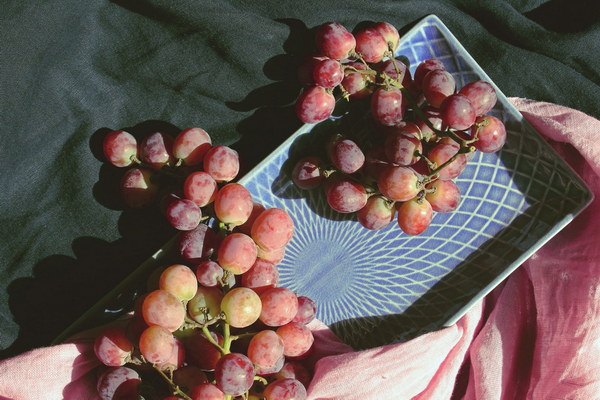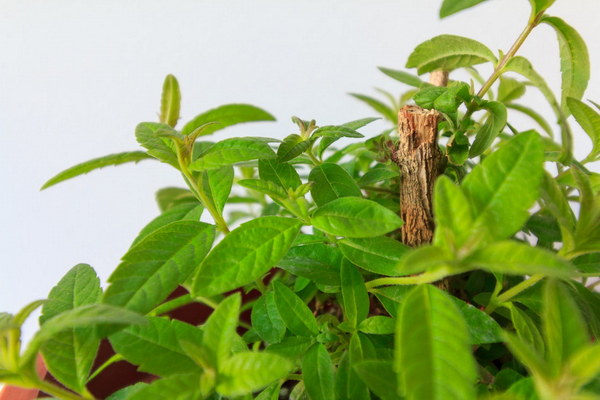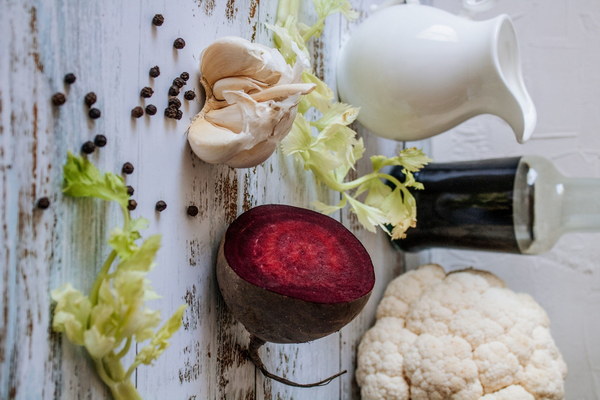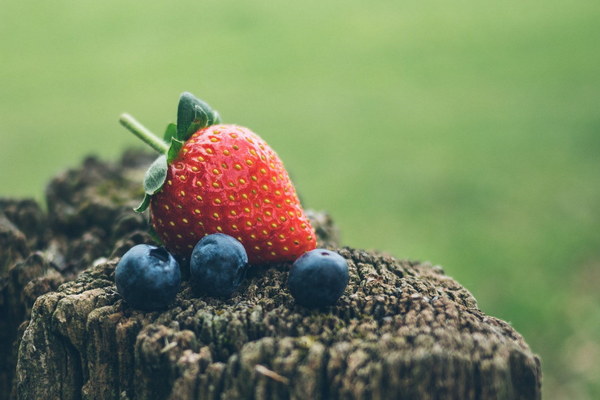Ancient Remedies for Dampness-Extinguishing and Kidney-Nourishing A Traditional Approach to Health and Well-being
In the realm of traditional Chinese medicine (TCM), there is a profound understanding of the human body's internal balance and how it can be restored through natural means. One such approach is the concept of dampness-extinguishing and kidney-nourishing, which aims to address common health issues such as fatigue, weakness, and discomfort. By delving into the ancient wisdom of TCM, we can uncover the secrets behind this holistic method and discover how it can lead to improved health and well-being.

Dampness is a concept in TCM that refers to a pathogenic factor that can disrupt the body's balance. It is believed to arise from an overabundance of moisture in the body, which can lead to various health issues. The kidneys, on the other hand, are considered the root of life in TCM, playing a crucial role in regulating the body's balance, vitality, and overall health.
The aim of ancient remedies for dampness-extinguishing and kidney-nourishing is to eliminate excess moisture from the body and strengthen the kidneys, thereby restoring balance and promoting healing. Here are some of the key aspects of this traditional approach:
1. Diet and Nutrition:
A diet rich in warm, dry, and nourishing foods is recommended to help extinguish dampness and nourish the kidneys. Foods such as ginger, garlic, cinnamon, and black beans are often included in these remedies. These foods have warming properties that help to expel dampness and strengthen the kidneys.
2. Herbs and Natural Remedies:
Herbal formulas are a cornerstone of TCM, and there are numerous ancient remedies that have been used for dampness-extinguishing and kidney-nourishing. Some of the most commonly used herbs include:
- Atractylodes (Cang Zhu): Known for its dampness-extinguishing properties, Atractylodes is often used to treat dampness-related conditions.
- Cinnamon (Rou Gui): Cinnamon has warming properties and is believed to help nourish the kidneys and improve circulation.
- Goji Berries (Gou Qi Zi): These berries are a popular kidney-nourishing herb, known for their adaptogenic properties that help to balance the body's energy.
- Astragalus (Huang Qi): Astragalus is another adaptogenic herb that can strengthen the immune system and support kidney health.
3. Lifestyle and Exercise:
A balanced lifestyle is essential for maintaining health and well-being. Regular exercise, such as tai chi, qigong, or gentle walking, can help to improve circulation, reduce dampness, and enhance kidney function. Additionally, avoiding excessive exposure to cold and wet environments can help prevent dampness from accumulating in the body.
4. Acupuncture and Moxibustion:
These ancient practices are based on the principle of balancing the body's energy, or Qi. Acupuncture involves inserting fine needles into specific points on the body, while moxibustion involves burning moxa (a substance made from dried mugwort) near the skin's surface. Both techniques can help to expel dampness, nourish the kidneys, and promote healing.
5. Mindfulness and Stress Reduction:
In TCM, the mind and body are closely connected. Stress and emotional disturbances can contribute to dampness and weaken the kidneys. Therefore, practicing mindfulness, meditation, and other stress-reduction techniques can help maintain a healthy balance and support kidney function.
In conclusion, ancient remedies for dampness-extinguishing and kidney-nourishing offer a holistic approach to health and well-being. By incorporating these traditional practices into daily life, one can experience the benefits of improved energy, reduced discomfort, and a stronger, healthier body. Embracing the wisdom of TCM can lead to a more balanced and fulfilling life, as we harness the power of nature to heal and rejuvenate.









